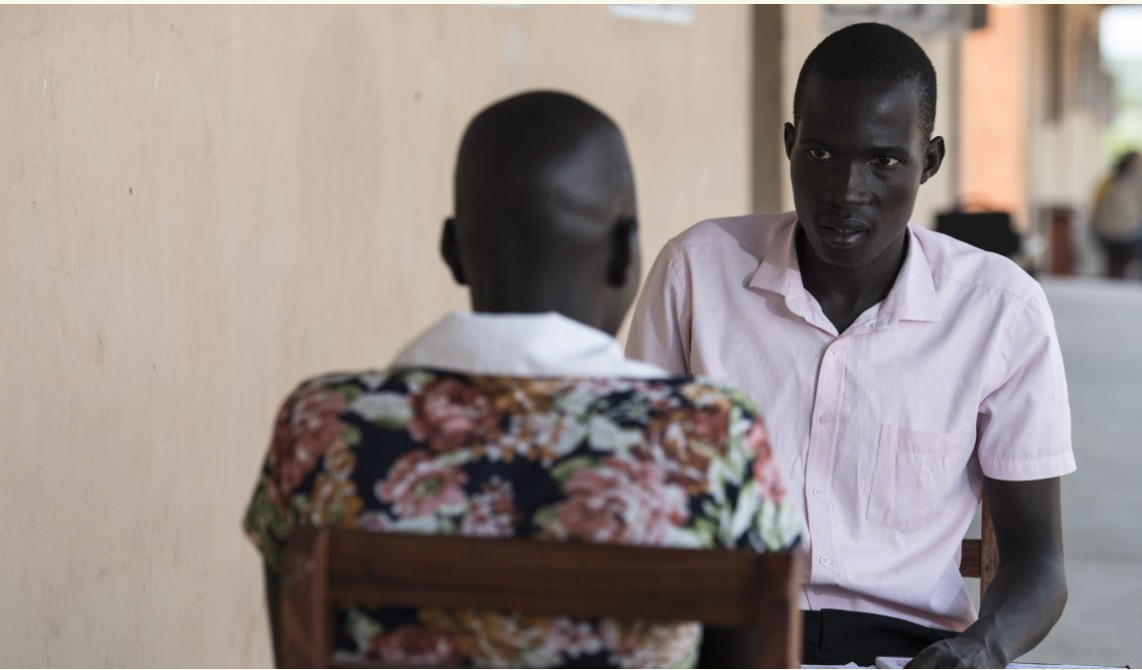Teachers play a significant role in the lives of their students, yet they also work in one of the most stressful professions. When teachers are not ‘well’, there are implications at the individual, school, and system-level. This is particularly true in contexts affected by conflict and forced displacement, where education can provide life-saving and sustaining knowledge and skills to children and youth, and where teachers take on additional roles beyond teaching to meet the distinct needs of their students.
Yet, in these settings, there is evidence that teachers face cumulative and compounding stressors in their work, and little is known about their own well-being or the ways in which their well-being interacts with their relationships with their students.
Our research attempts to address this gap by exploring teachers’ perceptions of how their relationships with their students interact with their well-being in Uganda and South Sudan, the top third and fourth refugee-hosting and producing countries, respectively. Drawing on qualitative data from semi-structured interviews with 42 teachers, we find that teacher-student relationships influence teacher well-being in complex, complementary, and contradictory ways. These findings have implications for policy, practice, and future research concerning teacher education and ongoing school-based support and the ways in which support to teachers ultimately supports quality education in contexts of conflict and forced displacement.
